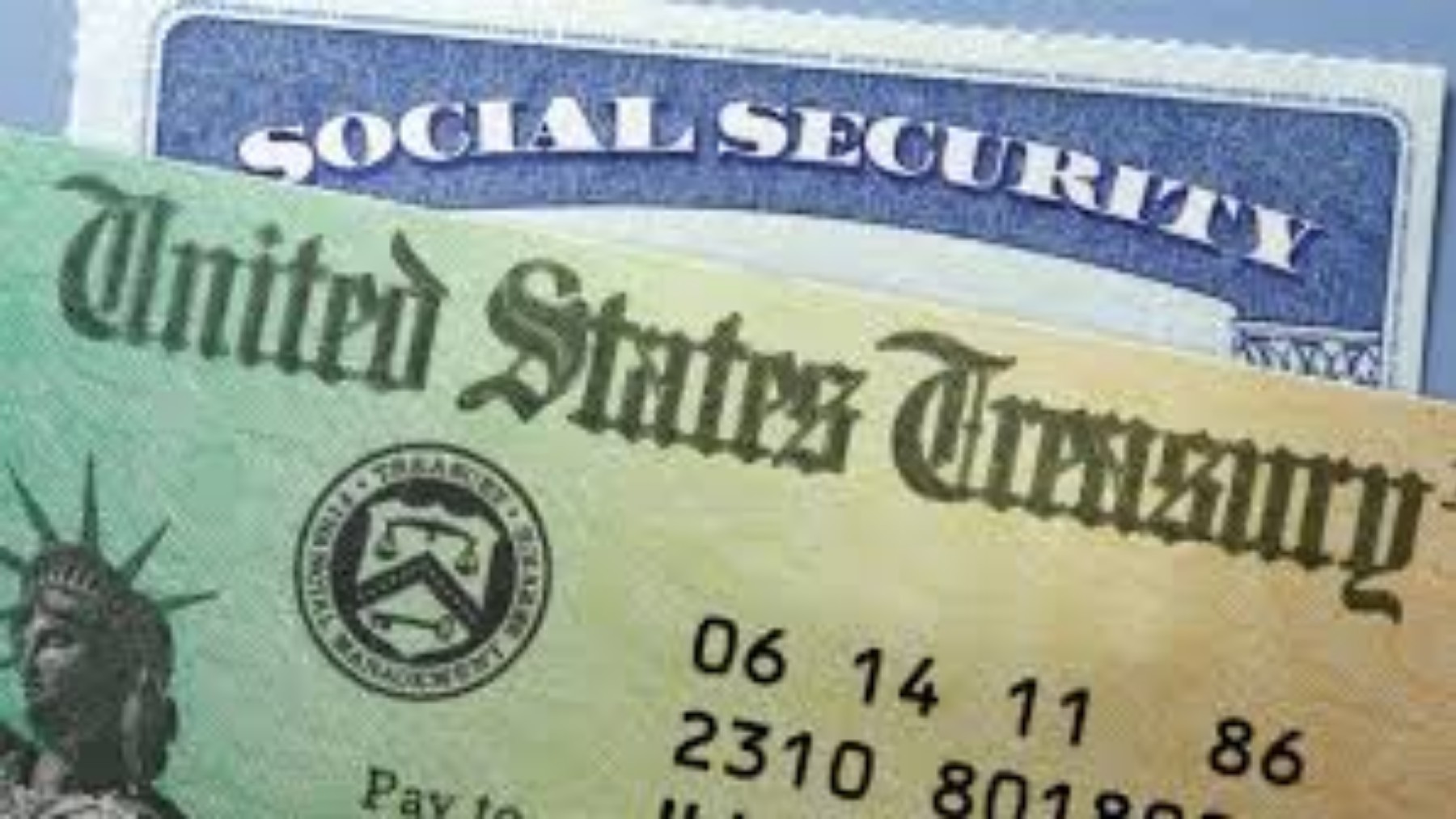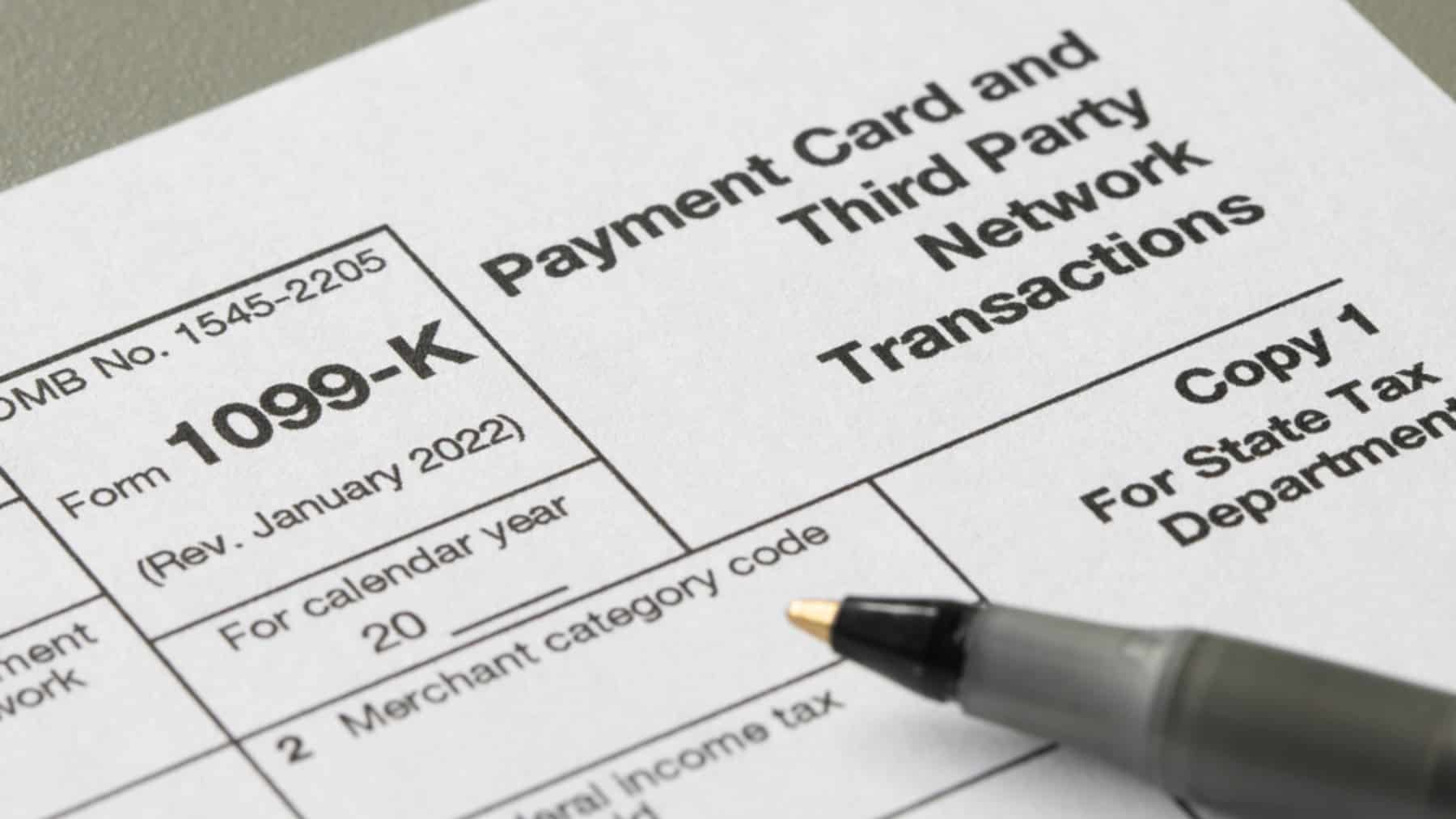Recently, the Social Security Administration (SSA) announced that it intended to eliminate physical paper checks starting in September. However, this decision has been revoked following tensions between lawmakers and advocates, who raised concerns about the consequences this decision would have for many American citizens. Frank Bisignano, Social Security Commissioner, recently clarified that paper checks will continue to be offered to those who need them, according to Senator Elizabeth Warren. Initially, this measure intended to eliminate paper costs, streamline transfers, and provide greater security. However, with more than 520,000 people affected, it has been modified.
The previous measure highlighted other economic disparities. According to data from AARP and Bankrate, millions of people lack access to financial entities, are underbanked, or do not have banking services. Following the agreement between Bisignano and Warren, an audit will be conducted at the SSA led by the agency’s inspector general to examine how metrics are collected and reported. This new social policy aims to safeguard financial inclusion, considering that a large number of the population cannot keep pace with the speed of technology, so not all advancements, no matter how good they may seem, are applicable.
The not farewell to paper checks
Recently, the Social Security Administration (SSA) announced that starting in September 2025, paper checks for beneficiaries would no longer be produced. This caused an uproar, as it represented an advancement in terms of cost and security, but it did not take into account that a large part of the population would be left completely out and would have no options to interact with banking entities if they ran out of their physical checks. This caused notable tension between lawmakers and advocates, who highlighted the impacts that would be suffered, especially by vulnerable elderly individuals and low-income populations.
Change of mind
The last meeting held regarding this topic was concluded as follows. Senator Elizabeth Warren stated that Frank Bisignano, the Commissioner of Social Security, clarified during the meeting that paper checks will continue to be available for all those who need them. ‘Bisignano committed to ensuring that no one will be left behind,’ Warren told reporters. ‘And that people who have access to paper checks will have access to paper checks.’ The SSA justified its decision on electronic payments due to cost reduction, increased security, and speed, but did not take into account the 1% of beneficiaries who would not be able to access them. That 1% represents more than 520,000 people, so it’s not a small number.
Other social and economic inequalities
The first decision of Social Security also focused on the enormous economic differences that the population suffers, such as the case of people who do not have banking services or are living in substandard conditions. Millions of people do not have access to financial institutions, according to data from AARP and Bankrate. Almost 20% of households are made up of individuals over 65 years old; how are they expected to access their financial services through applications like PayPal or Venmo? It is clear that there is a technological barrier that would completely marginalize them.
Auditing the SSA
After the meeting ended, Warren stated that commitments regarding transparency and oversight had been obtained with Bisignano. The Commissioner has agreed to an audit of the SSA by the Inspector General to examine how metrics are collected in administration. According to Warren, “A recent report highlighted that under Bisignano’s oversight, the SSA has removed key service metrics, such as call wait times, from its website.” For his part, Bisignano defended himself by claiming that wait times have been reduced from 30 to 18 minutes in one year, but nonetheless, he gave the green light for this inspection.




